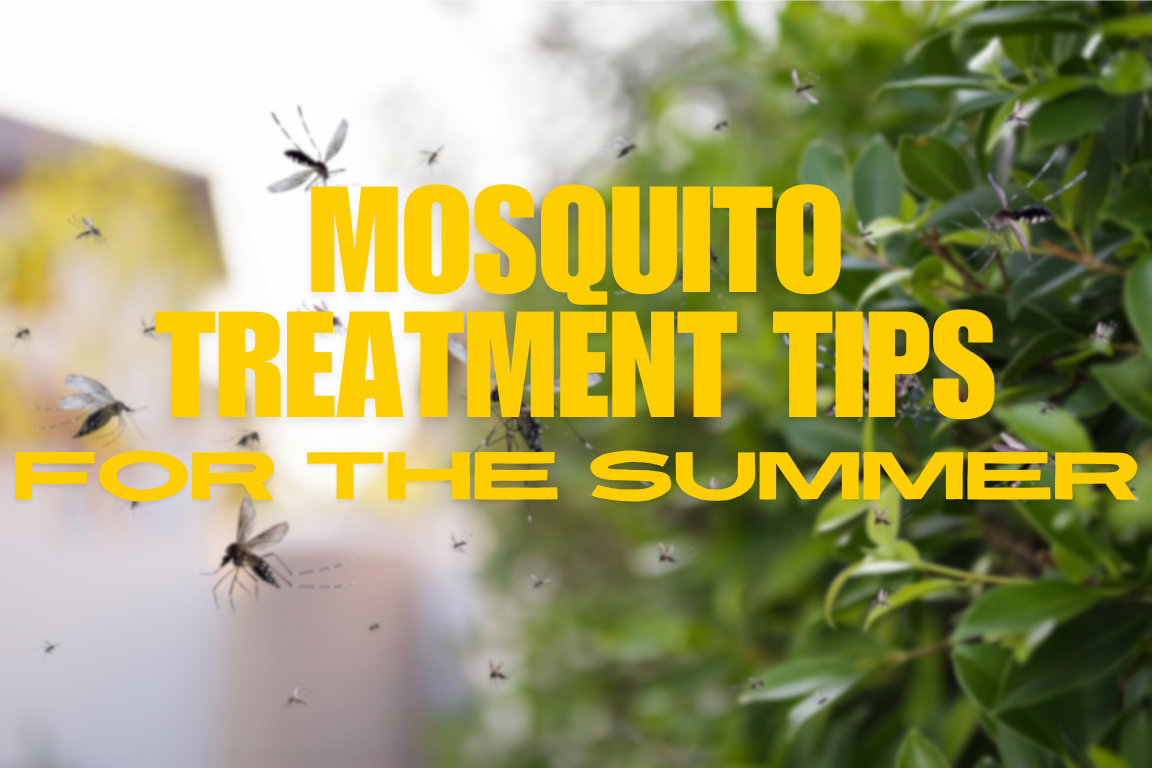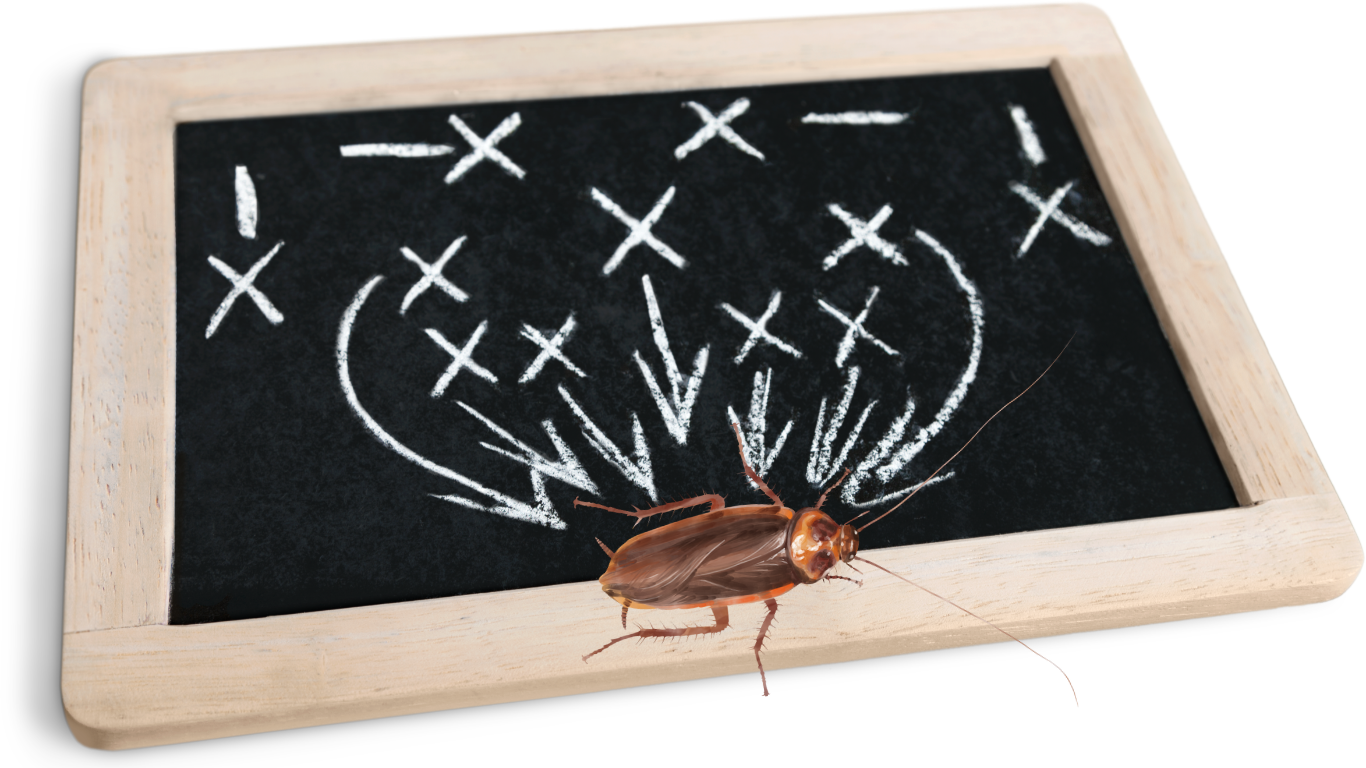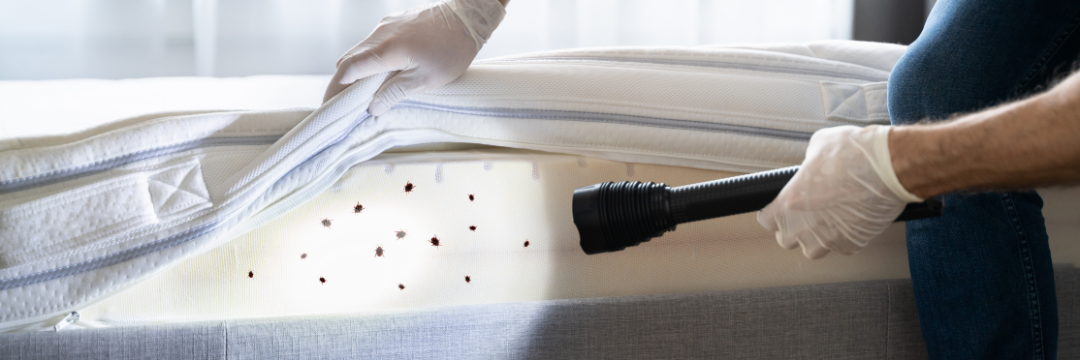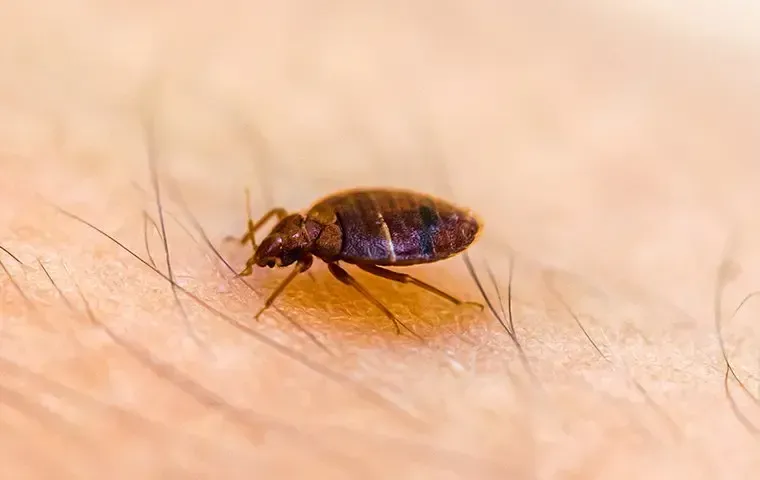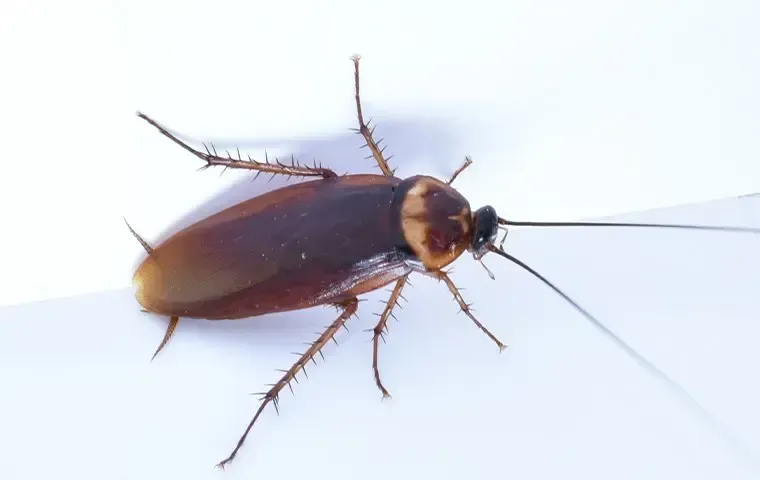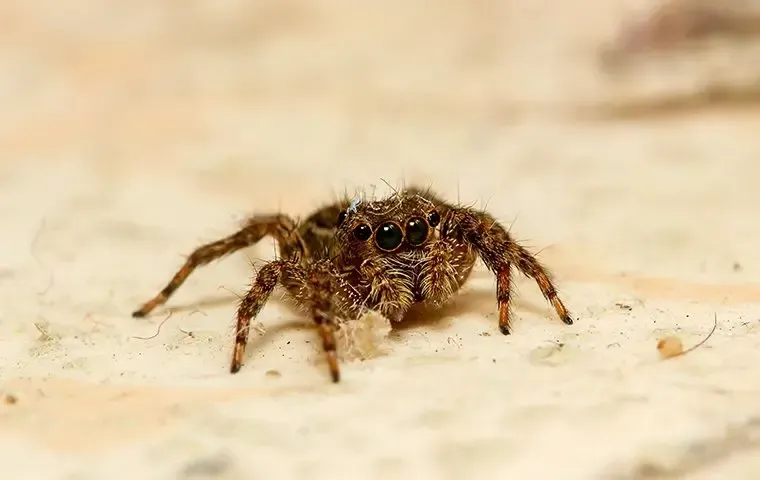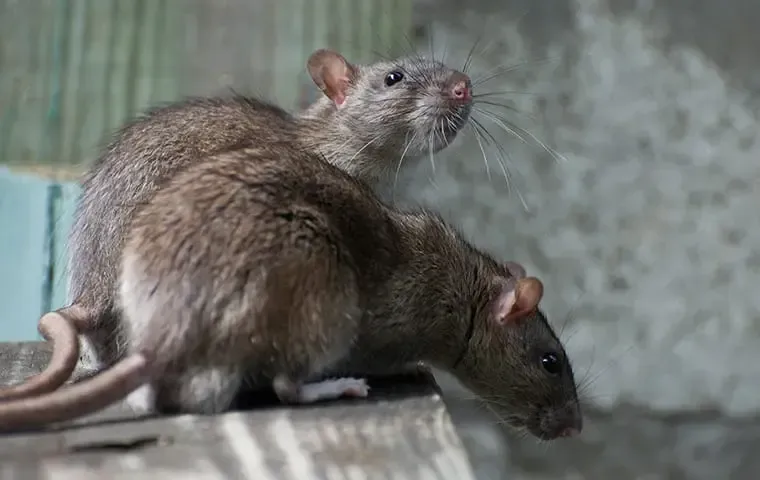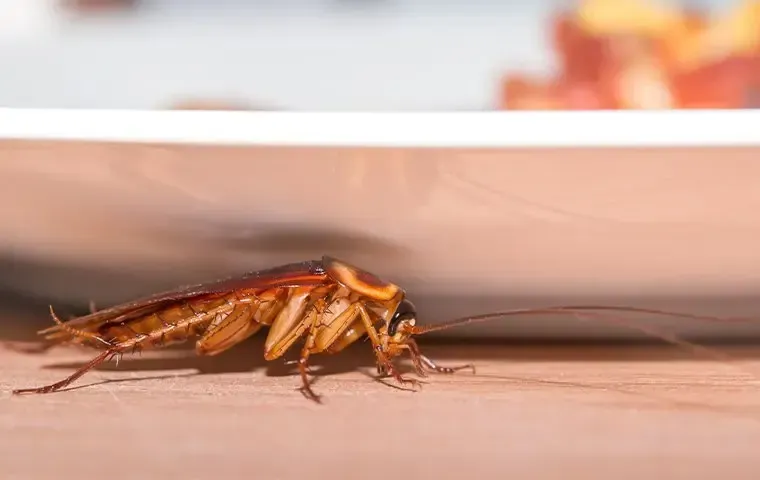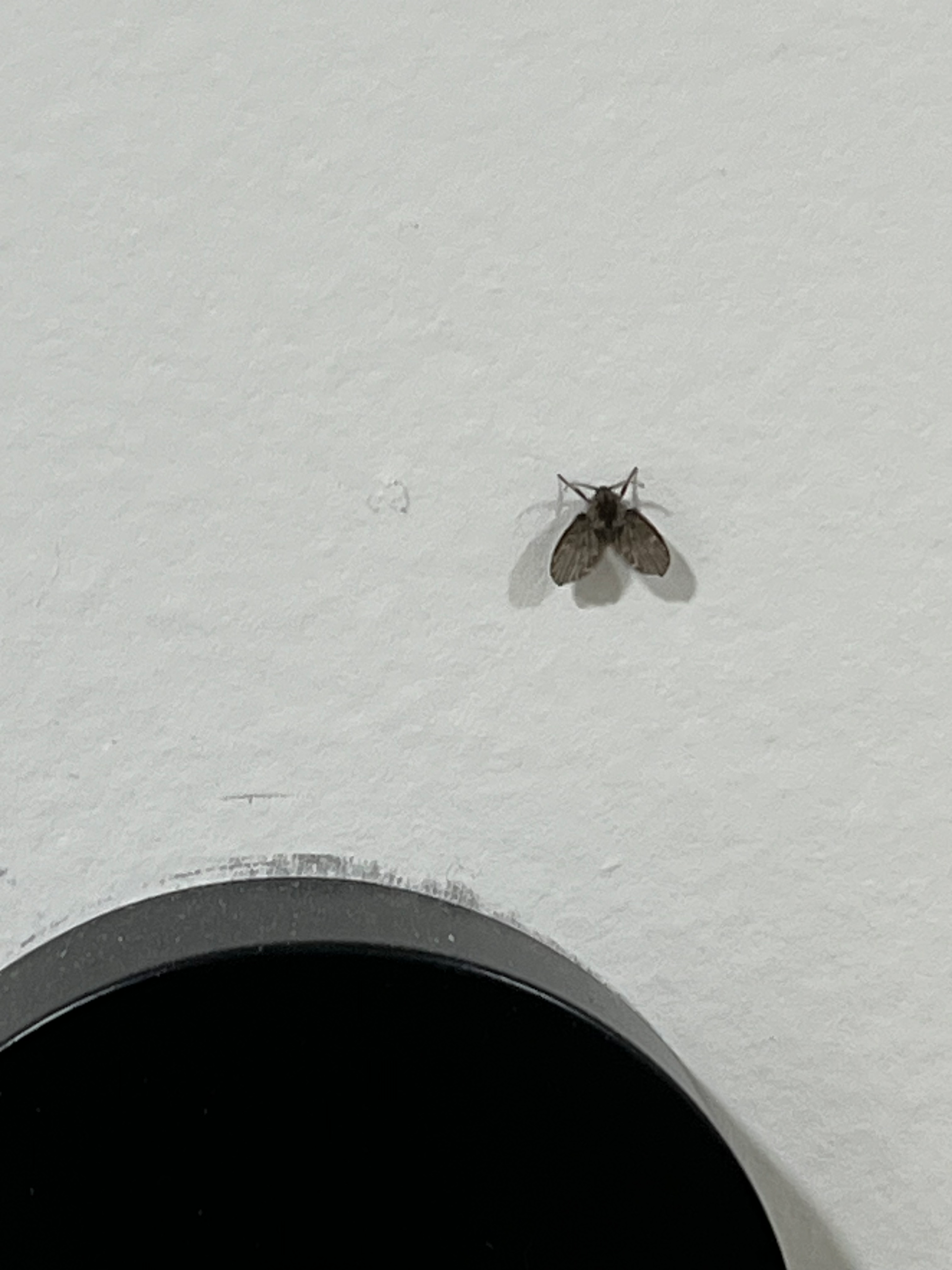Effective Rodent Control Methods: How to Get Rid of Rodents for Good
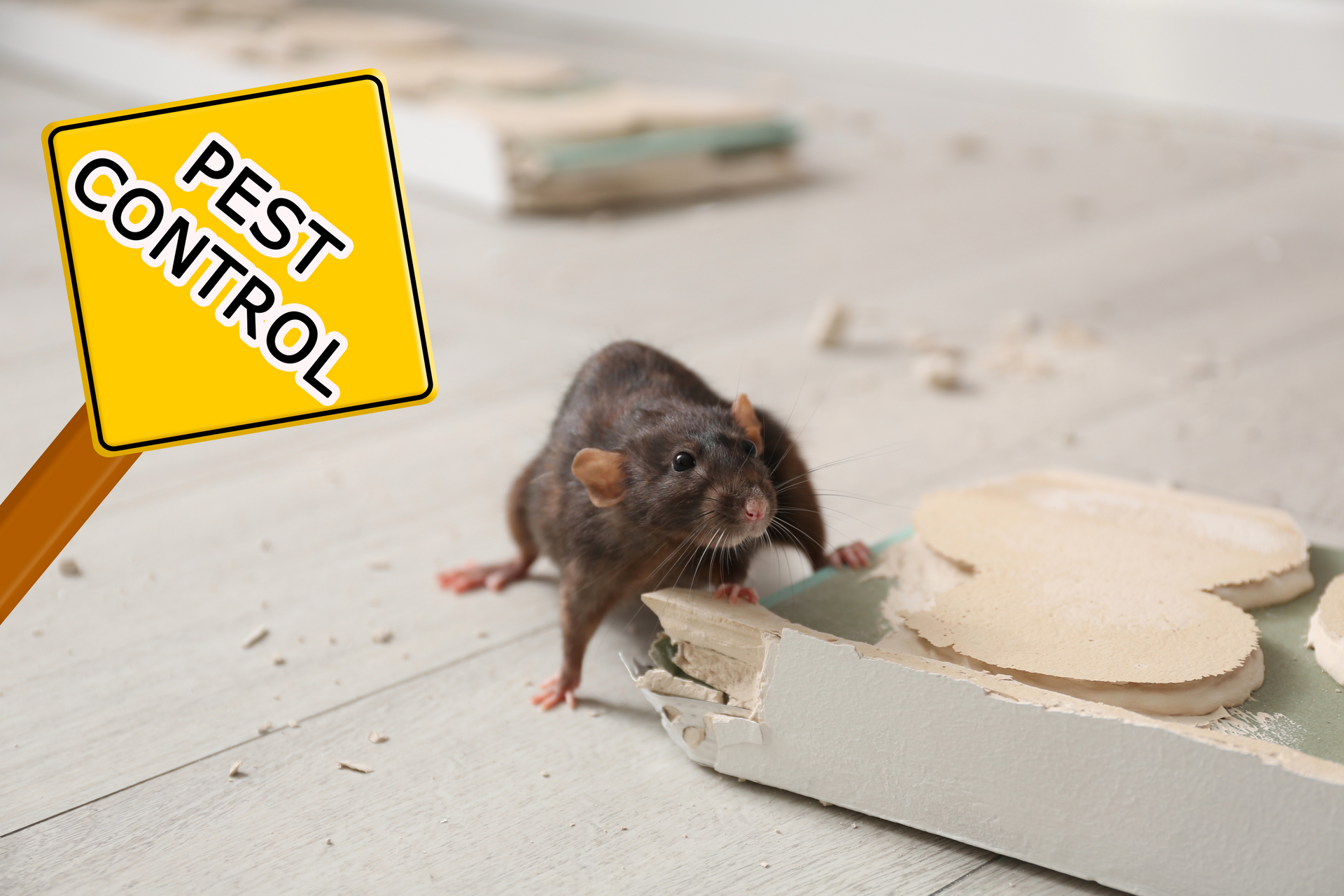
Are you tired of dealing with pesky rodents invading your home and causing damage? It’s time to put an end to their unwelcome stay! In this blog post, we’ll explore effective rodent control methods, prevention techniques, and health risks associated with these unwanted guests. By understanding their behavior and implementing appropriate measures, you can finally achieve a rodent-free home and enjoy peace of mind.
Key Takeaways
- Identify rodent behavior and habits to choose the most effective control methods.
- Leverage food preferences, seal entry points, practice proper sanitation and maintain the landscape for prevention techniques.
- Hire a professional exterminator for safety & effectiveness in eliminating infestations & reducing health risks associated with rodents.
Understanding Rodent Behavior
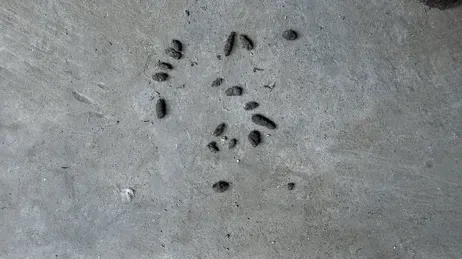
To successfully control rodents like rats and mice, a firm grasp of their behavior is required. This includes knowledge of their habits, preferred food, and nesting patterns, allowing for more accurate identification and targeting, leading to a home free from rodents.
We’ll go more in-depth into the behavior of rodents to better handle these unwelcome guests.
Habits and Patterns
Identifying a rodent infestation is the first step in controlling their population. Signs of rodent presence include:
- Droppings
- Gnaw marks
- Tracks
- Nests
Rats and mice have distinct physical and behavioral differences; rats are generally larger, more aggressive, and territorial compared to mice. Recognizing these differences will help you choose the most effective control methods tailored to the specific rodent species.
Mice may enter homes through cracks in walls, floors, foundations, and even sewer lines. Preventing infestations requires sealing these entry points and conducting regular home inspections for any signs of rodent activity. Remember, prevention is key to maintaining a rodent-free environment and avoiding potential health risks and property damage associated with these pests.
Food Preferences
Knowing what rodents like to eat can help you select the most effective bait for traps and control methods. House mice prefer grains, fruits, and seeds, while rats favor high-quality foods such as meat and fresh grain. Keep in mind that rodents’ food preferences may vary seasonally, adjusting their predation and hoarding behavior based on food availability.
Leveraging their dietary preferences, including pet food, can improve the effectiveness of your rodent control measures.
Nesting Patterns
Rodents, such as rats and mice, instinctively build nests as a shelter for breeding and raising their young. Common nesting locations include attics, crawl spaces, wall voids, and burrows in the ground. They use various materials for nest construction, including paper, fabric, straw, and even food wrappers. Knowing where rodents prefer to nest can help you locate and eliminate their populations more effectively.
Understanding their nesting habits allows for the identification of potential rodent-infested areas, paving the way for targeted treatment and prevention measures. Removing nesting materials, reducing clutter, and sealing off entry points can deter rodents from establishing nests in your home.
Remember, a clean and organized environment is less appealing to rodents looking for a place to call home.
Prevention Techniques
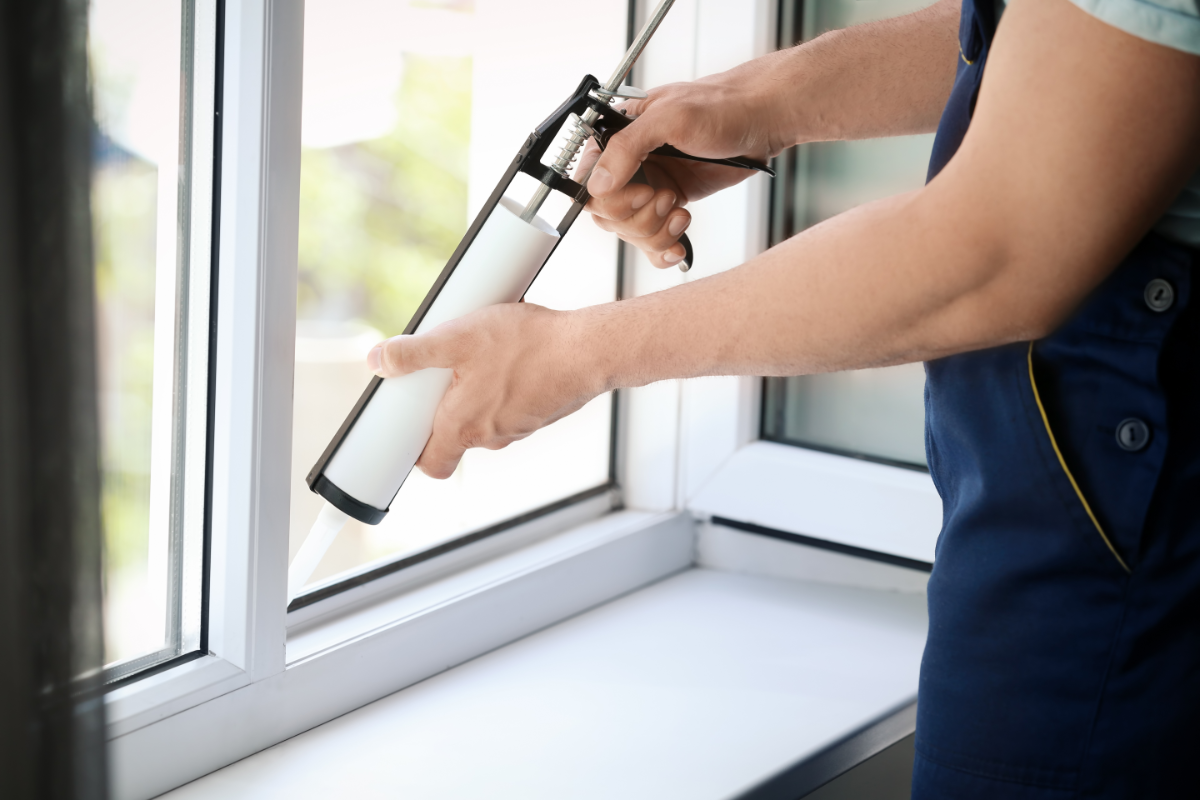
Preventing rodents from entering your property is the best strategy for maintaining a rodent-free environment. Sealing entry points, practicing proper sanitation, and maintaining your landscape can help keep these unwelcome guests at bay.
We’ll go through each of these prevention techniques in more detail.
Sealing Entry Points
Preventing rodents from entering your home starts with sealing all potential points of entry. A professional exterminator can help identify exterior entry points and ensure they are adequately sealed off to keep rodents out. Sealing entry points not only stops rodents from entering your home but also prevents them from causing further damage to your property.
Materials recommended for sealing gaps and holes include metal mesh, cement, or other durable materials that rodents cannot easily chew through. Regularly inspect your home for any new gaps or holes that may have formed, especially in areas where rodents may be attracted to food sources or nesting materials.
Proper Sanitation
Proper sanitation plays a key role in preventing rodents from being attracted to your property. This includes removing food, water, and shelter sources, as well as eliminating rodent droppings, urine, and nesting materials. Keeping your home clean and free of clutter can help prevent rodent infestations.
To maintain proper sanitation, follow these steps:
- Store food in sealed containers.
- Avoid leaving dirty dishes out.
- Empty garbage cans regularly.
- Clean up food spills, crumbs, and other debris that may attract rodents.
By eliminating potential food sources and hiding places, you can create an unwelcoming environment for rodents, significantly reducing the likelihood of an infestation.
Landscape Maintenance
Regular landscape maintenance can help eliminate potential nesting sites and hiding spots for rodents. This includes trimming bushes and shrubs, removing debris, and keeping your lawn neat and tidy. Reducing clutter and maintaining a well-groomed landscape not only improves the appearance of your property but also makes it less appealing to rodents seeking shelter and food sources.
Rodent Control Measures
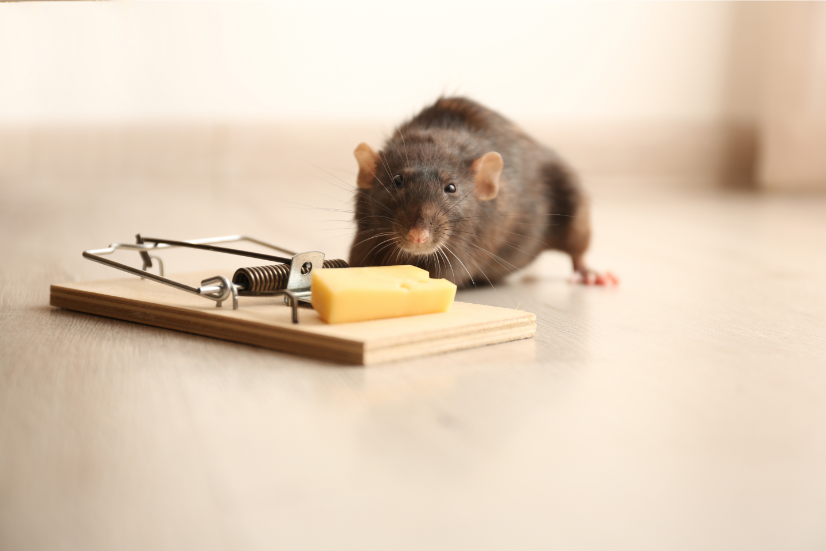
Once you have identified a rodent infestation, it’s time to take action and implement rodent control measures. This section covers various methods like trapping, bait stations, and promoting natural predators as ways to effectively reduce rodent populations.
Trapping Methods
Using various trapping methods can help with trapping rodents and removing them from your property safely and effectively. Some options available to you include:
- Snap traps
- Electronic traps
- Humane traps
- Sticky traps
Each type of trap has its advantages and disadvantages, so it’s essential to choose the most suitable method for your specific rodent problem.
Traps, including glue traps and rodent traps, not only provide tangible confirmation of a capture but also prompt disposal and reduced risk of exposure to children, pets, and non-target wildlife. When setting traps, be sure to place them strategically in areas where rodents are known to frequent, such as along walls and near entry points. Remember to handle traps with care, as rodents are known to carry diseases that can be transmitted to humans.
Bait Stations
Bait stations are devices designed to attract and trap rodents using toxic bait, such as rodenticides. Strategically placed in areas where rodents are likely to inhabit, bait stations are enclosed containers that hold the bait, allowing rodents to enter and consume it while keeping the bait inaccessible to children, pets, and non-target animals.
Various baits can be used in rodent bait stations, including:
- blocks
- pellets
- granules
- liquid
- gels
- treated grains
- soft pouches
Bait stations can be an effective method of controlling rodent populations while minimizing the risk to other animals. However, regular inspection and replacement of the bait are needed to maintain the effectiveness of the stations.
Natural Predators
Encouraging natural predators, such as owls, can help control rodent populations in a safe and eco-friendly manner. Installing a nesting box for barn owls, for example, can attract these predators to your property and keep rodent populations in check.
Promoting natural predators is an environmentally-friendly pest control option that can be used as effective rodent control without the reliance on potentially harmful chemicals.
Hiring a Pest Control Professional

In some cases, hiring a pest control professional may be the most efficient and effective solution for dealing with a rodent infestation. Pest control professionals possess the expertise, experience, and tools necessary to safely and effectively eliminate rodents from your property.
We’ll go through the benefits of hiring a professional for rodent control.
Expertise and Experience
Pest control professionals have the knowledge and experience to effectively identify and eliminate rodent infestations. They receive specialized training in:
- Rodent biology
- Rodent behavior
- Control methods
- Laws and regulations
This ensures they are well-equipped to handle even the most challenging rodent problems.
With ongoing training, pest control professionals stay up-to-date on the latest rodent control techniques and technologies, ensuring their methods are both safe and effective.
Safety and Effectiveness
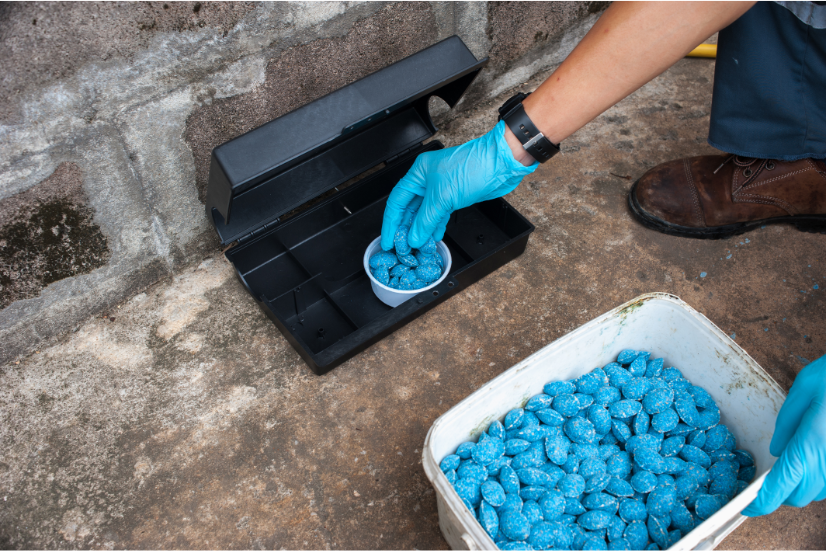
Professional pest control services prioritize safety and effectiveness in their rodent control methods. They adhere to strict safety guidelines when handling rodenticides, wearing protective clothing, disposing of chemicals correctly, and ventilating treated areas. These professionals also have access to a wide range of specialized products and equipment that are often more potent and have a higher success rate than over-the-counter products available to consumers.
Besides their expertise and access to specialized products, professional pest control services often adopt a comprehensive approach to rodent control. This includes:
- Eliminating the existing rodent problem
- Addressing the underlying causes of the infestation, such as sealing entry points
- Implementing preventive measures
- Providing ongoing monitoring and maintenance
This comprehensive strategy ensures long-term success in keeping your property rodent-free.
Health Risks Associated with Rodents
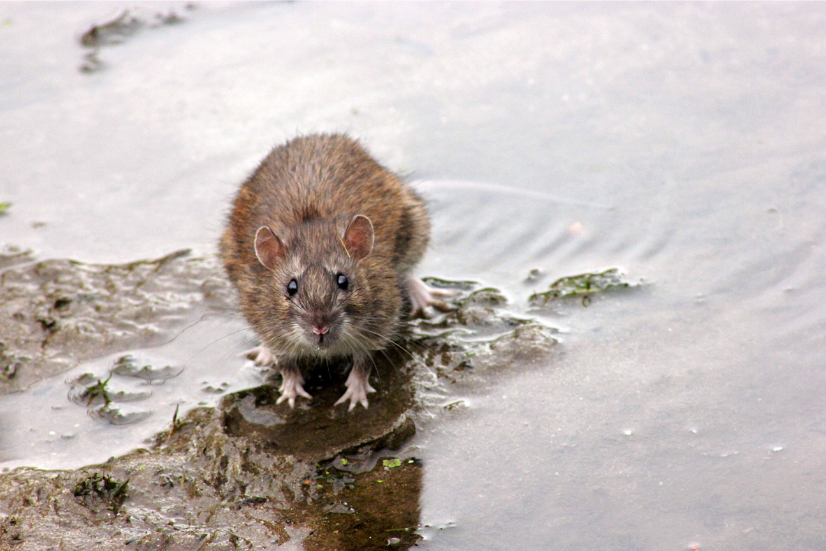
Rodents not only cause property damage but also pose significant health risks to humans. Diseases carried by rodents and allergens found in their droppings, urine, and fur can trigger asthma symptoms and other respiratory issues.
We’ll examine the health risks associated with the rodent population more closely.
Diseases Carried by Rodents
Rodents can carry and transmit various diseases to humans, such as hantavirus, leptospirosis, salmonellosis, and plague. These diseases can be transmitted through direct contact, inhalation of contaminated dust, or ingestion of contaminated food or water. Controlling rodent populations is necessary to minimize the risk of these diseases spreading in your home.
In addition to the diseases they carry, rodents can also contaminate food and water sources with their droppings, urine, and saliva, further increasing the risk of illness. By implementing effective rodent control measures, you can reduce the likelihood of these health risks affecting you and your loved ones, as well as the presence of dead rodents.
Allergens and Asthma Triggers
Exposure to rodent allergens, such as proteins found in their fur, droppings, and urine, can trigger asthma and other respiratory issues. Symptoms associated with rodent allergens include:
- Runny nose
- Sneezing
- Itchy eyes
- Coughing
- Difficulty breathing
Controlling rodent populations and maintaining cleanliness in your home can help mitigate the risk of allergens and asthma triggers affecting your health.
Property Damage Caused by Rodents
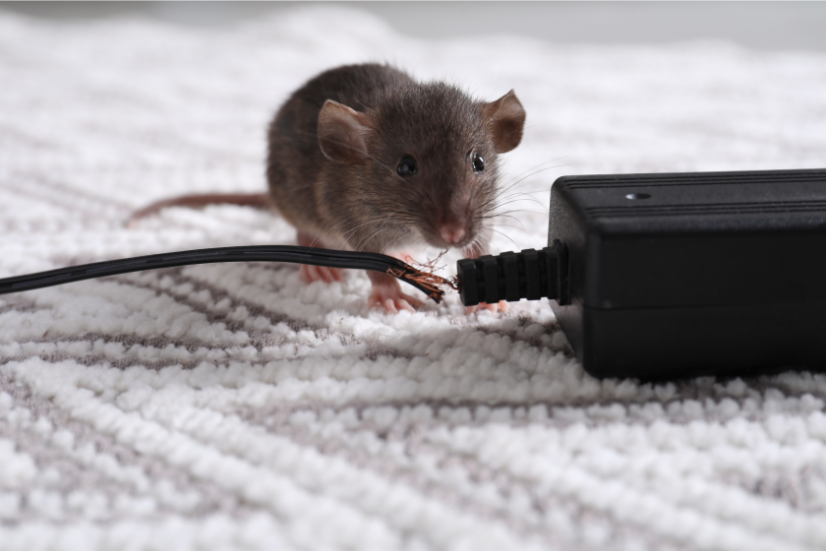
In addition to the health risks they pose, rodents can also cause significant property damage. They are known to chew and gnaw on various materials, creating potential fire hazards and structural damage.
We’ll go over the types of property damage caused by rodents and methods of prevention.
Chewing and Gnawing
Rodents can cause significant damage to your property by chewing and gnawing on various materials, including rodent bites on:
- wires
- insulation
- wood
- plastic
Their constant need to gnaw helps keep their front teeth from growing too long and allows them to locate food and build nesting sites.
Implementing an effective rodent control program and other rodent control measures can help you get rid of rodents, mitigate the damage caused by these pests, and preserve your property’s integrity.
Fire Hazards
Rodent activity can lead to fire hazards, as they can chew through electrical wiring and other flammable materials. It is estimated that rodents account for up to 25 percent of fires with unknown causes in the United States annually.
Controlling rodent populations and conducting regular property inspections for signs of damage can decrease the risk of fire hazards, ensuring your home’s safety.
Summary
In conclusion, rodents can cause significant health risks and property damage if left unchecked. By understanding their behavior, implementing prevention techniques, and using effective control methods, you can eliminate rodent infestations and maintain a safe, healthy, and rodent-free environment. Don’t let these pesky intruders take over your home - take action and reclaim your space today!
Frequently Asked Questions (FAQ)
How do I get rid of rodents ASAP?
To get rid of rodents as quickly and effectively as possible, it is best to eliminate entry points, use mouse traps or snap traps with bait, and place bait stations strategically. Additionally, proper sanitation should be maintained to minimize any further infestations.
What is the best bait for rodent control?
Peanut butter, chocolate, pet food, seeds and nuts, marshmallows, gumdrops, deli meat, fruit jam, and soft cheese are the best baits for rodent control. High-protein and high-fat foods are especially attractive to mice.
What are some signs of a rodent infestation?
Signs of a rodent infestation include droppings, gnaw marks, tracks, and nests.
